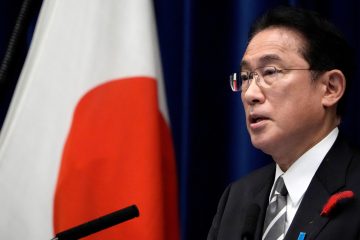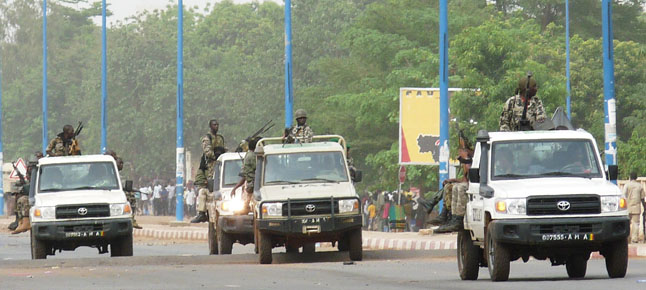
When Regional Solutions Fail: The French see good reasons for intervening in Mali, but their decision is a risky one
The announcement by French President Francois Hollande that his country is engaged in a military intervention in Mali represents a significant shift in strategy for the former colonial power in Africa. Up until a couple days ago, France was very much the reluctant intervener, investing all of its energy in coordinating a multilateral intervention (led by the Economic Community of West African States, ECOWAS) to forestall the further advance of Islamist forces in the Sahel region, and in reassuring worried African states, such as Algeria, that France’s days as an ‘African policeman’ were long gone.
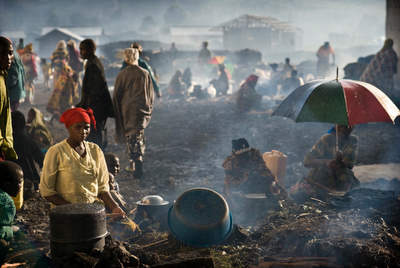
Humanitarian Ethics: Balancing theory and practice
On December 7th the Saïd Business School’s Centre for Entrepreneurship and Innovation hosted a seminar entitled “Protecting Civilians: Oxford and Oxfam working together on the ethics of war, weapons and humanitarian aid.” The seminar showcased two projects led by the Oxford Institute of Ethics, Law and Armed Conflict (ELAC) that engage with outside actors to leverage humanitarian ethics in humanitarian crises and armed conflicts.
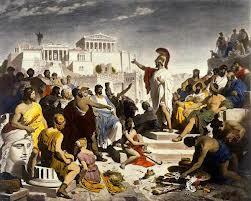
Conceptual Framework: Democratic Peace Theory from the perspective of the English School Theory of International Relations
One of the most persuasive international relations theories is Democratic Peace Theory (DPT). In this blog, my question here is whether DPT can be analysed from the perspective of the “English School” of International Relations. I argue that there is a strong conceptual basis from which to do so.
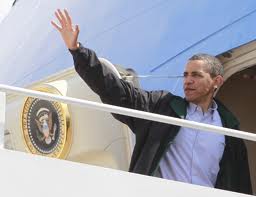
Flyover: Why Europe is no longer a top destination for Air Force One
After fresh re-election, Barack Obama skipped Europe. And no one is surprised. Instead, he made his first foreign trip to Burma (Myanmar), Cambodia and Thailand, thus clearly indicating the priorities of US foreign policy in the next four years.
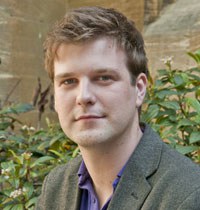
The M23 rebellion: An (exceptionally provisional) attempt at some analysis
Goma has fallen. It had at 2pm on Tuesday, at least. This sprawling city of a million people, built on and out of volcanic rock on the shores of an exploding lake has become synonymous – insofar as it comes to the attention of the wider world at all – with catastrophic refugee crises, ecological devastation, and looting and pillaging. This week will do nothing to change that script. The villains in this particular script are a rebel group with the strange name of M23, (not to be confused with these guys), which launched in April of this year, ostensibly over broken promises made in the agreement of March 23rd.
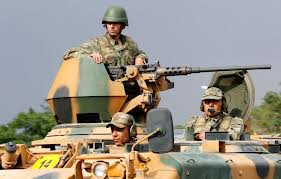
IR Analysis: The Arab awakening has sparked a foreign policy shift in Turkey and Qatar
The Arab awakening arguably represents the most important transformation of Middle Eastern politics since the end of colonialism. How will the regional powers adjust their foreign policies to the new regional environment is however still extremely uncertain. This uncertainty is partially due to the well-known inability of international relations scholars to make assured predictions, but also to the fact that the dynamics of foreign policy shifts are still widely overlooked and generally misunderstood in the scientific literature. Is ‘foreign policy change’ a mere adaptation to changes taking place in the domestic arena, as argued by most IR liberals? Or is foreign policy behaviour wholly dependent on the international distribution of power, as argued by realists? Or is there room for autonomous decisions that are not only reactions to exogenous sources of change, but are purposive and proactive actions in their own right?
The Arab awakening will most likely be a crucial case study to test each of these hypotheses.

Geopolitics Inside the Tunnels: Israel and the Iran-Hamas duo are benefiting from the tragedy in Gaza
Hamas has been in power in Gaza – and democratically elected – since 2006. Hamas controls what comes in and out of Gaza through tunnels – more than 700 were reported in 2011. Hamas is not only the government, it is the organisation on which Gazans rely for schooling, health, housing and protection. Of course international organisations in Gaza play a large role in providing those services too, but Hamas is the overarching authority. Now that Hamas and other para-military organisations such as the Palestinian Islamic Jihad and Popular Resistance Committees, along with Salafi groups and even the al-Aqsa Martyrs Brigade are firing rockets at Israel intensely again, why are Gazans supporting them?
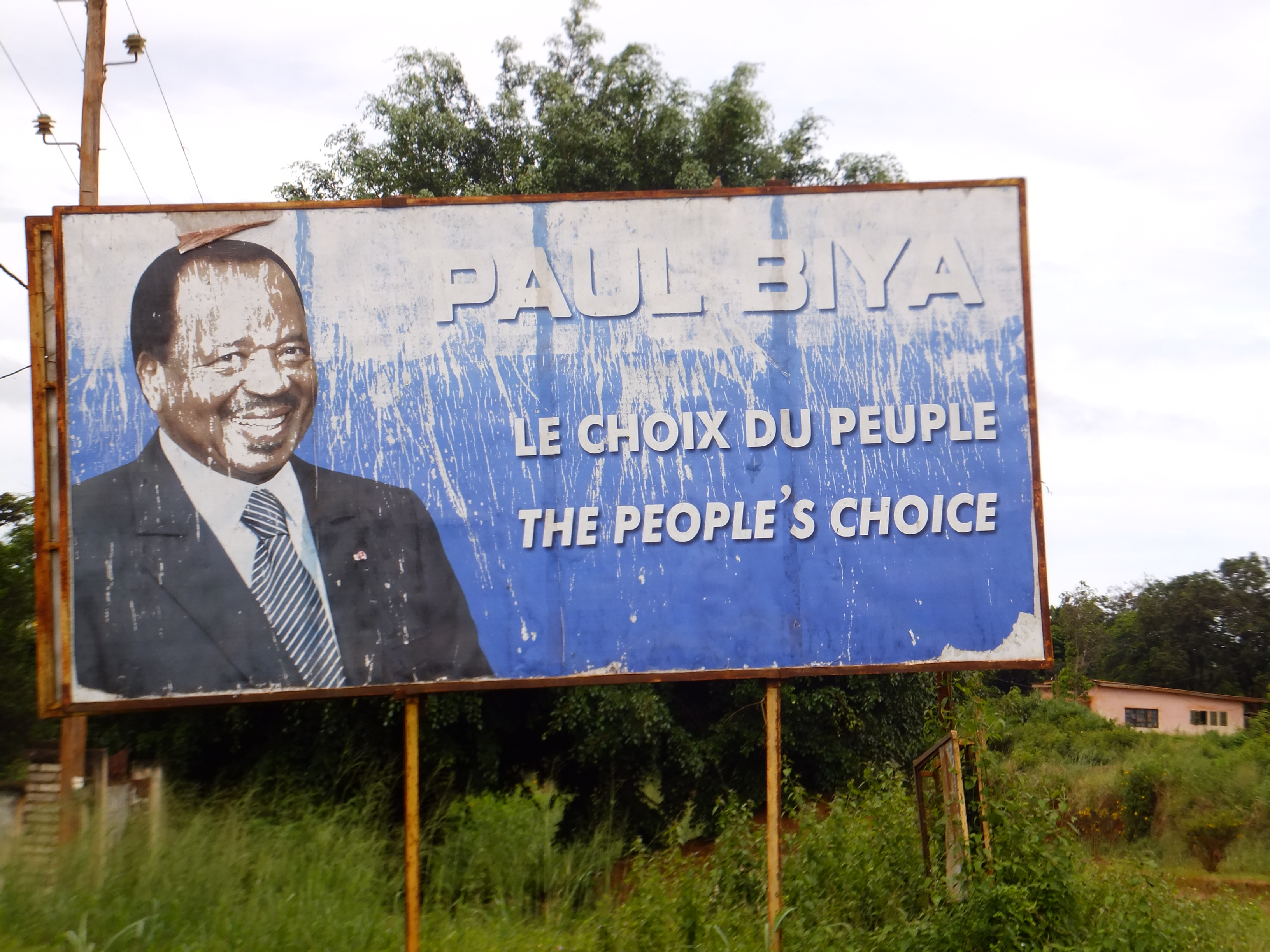
Thirty Years of Presidential Rule in Cameroon
The 6th of November 2012 marks the 30th anniversary of Paul Biya’s presidency (1982 – 2012) in Cameroon. Celebrations, dinners and galas for the ruling RDPC party (Rassemblement Démocratique du Peupe Camerounais) are taking place in cities across the country, most predominantly in the central regions, i.e. those with geo-political links and a common socio-cultural heritage (more generally but problematically referred to as ‘ethnic’ ties) to the ruling party.[1] Towns like Mfou, Nanga-Eboko, Nyong, Kelle and Mbam celebrated their political fidelity to President Biya.

